Health Policy and Systems Research (HPSR) investigates the functioning of health systems, policy formulation processes, and identifies how systems and policies can be optimized for better health outcomes. This investigation is often led by Health Policy and Systems Research Institutions (HPSRIs), who play a pivotal role in the HPSR ecosystem by generating evidence to shape the health policy landscape to address issues such as healthcare access, disease prevention, and system resilience.
In resource-constrained settings, capacity gaps in HPSRIs often hinder their ability to address complex issues. Given this context, an international collaboration, named Forum for Advancing Better – Health Policy and System Research Institutions (FAB-HPSRIs), aimed to foster a robust HPSR ecosystem in Asia. This initiative concentrated its efforts on individual institutions as catalysts for broader positive change in the field of health policy and systems research.
The Role of HPSRIs
In developing countries like Nepal and the Philippines, HPSRIs provide critical data to guide decision-making on pressing health challenges. However, many HPSRIs are operating with limited research expertise, inadequate funding, and weak policy-research linkages, which limit their impact.
Without the ability to produce high-quality evidence, HPSRIs cannot meaningfully contribute to policy and system strengthening. Thus, the primary mandate of the FAB-HPSRIs initiative was to develop a capacity assessment framework allowing HPSRIs to assess their existing capacity and identify areas for improvement. The framework was co-created with wider health policy and system stakeholders in both countries to lay the groundwork for a stronger health research ecosystem, enabling HPSRIs to drive systemic change.
Process of Capacity Assessment Framework Development Process in Nepal
The development of the capacity assessment framework involved a rigorous, collaborative process with multiple phases, with each phase guiding co-creation of a practical and context-specific tool.
1. Literature Review
This initiative began with an extensive review of global literature on HPSR and institutional capacity. Over 20 studies were analyzed to identify attributes of effective HPSRIs, such as research quality, stakeholder collaboration, and policy influence. This phase required synthesizing complex concepts like “institutional robustness” and adapting them to Nepal’s unique health system, where resource constraints and diverse health needs shape research priorities.
2. Key Informant Interviews
To ground the framework in real-world perspectives, FAB-HSPRIs conducted over 20 Key Informant Interviews (KIIs) with HPSRI leaders, academics, and officials from the Ministry of Health and Population. Coordinating these interviews was challenging due to participants’ busy schedules, often requiring sessions outside regular hours or via virtual platforms. The interviews provided critical insights into Nepal’s HPSR landscape, highlighting needs like enhanced researcher training, better funding mechanisms, and stronger government-researcher collaboration. These findings shaped the framework’s core domains, including research capacity, governance, and external engagement.
3. Collaborative Workshops
A series of workshops facilitated stakeholder input and co-creation of the framework, ensuring its relevance and applicability.
- Review Workshop, Bhaktapur: Over 50 HPSR experts, including researchers and policymakers, convened in Nagarkot, Bhaktapur, to review initial findings and propose domains for the framework. Discussions focused on areas like human resources, research infrastructure, and policy impact, revealing diverse priorities across institutions.
- National Workshop, Kathmandu: This event engaged Ministry of Health and Population representatives and HPSRI leaders to refine the framework’s domains. Participants suggested including community engagement to ensure research aligns with local needs, strengthening the tool’s practical value.
- Nepal-Philippines Joint Workshop, Kathmandu: With over 50 participants, this workshop compared frameworks developed in Nepal and the Philippines. Discussions revealed shared challenges, such as limited funding and fragmented networks, enriching the framework with cross-country perspectives.
- Philippines Workshop, Manila: A follow-up with 35 participants from the Philippines and Nepal shared refined frameworks and explored digital tools for capacity assessment. This exchange highlighted opportunities for regional collaboration in HPSR.
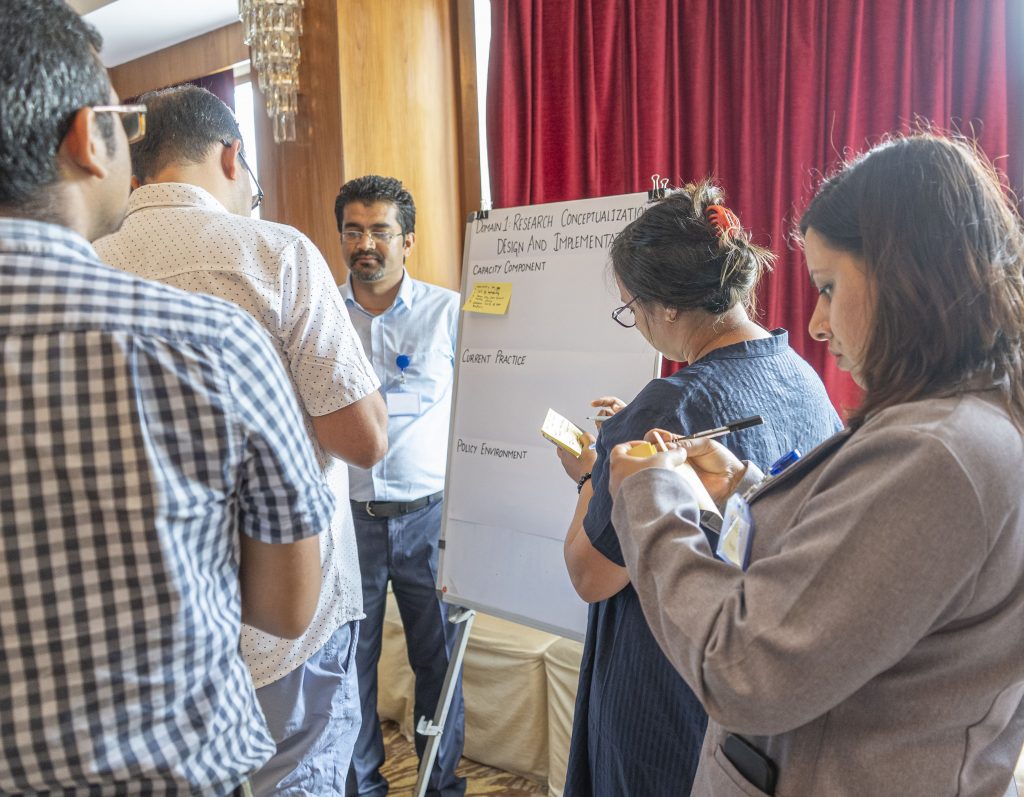
4. Pilot Testing and Refinement
The framework was pilot-tested among five HPSRIs in Nepal, using a questionnaire to assess domains such as research output, organizational governance, and stakeholder collaboration. Feedback sessions with participating institutions identified areas for improvement, such as simplifying questions for smaller organizations. This iterative process ensured the framework was user-friendly and aligned with the diverse needs of HPSRIs, resulting in a finalized tool ready for broader use.
Learnings and Challenges
The FAB-HPSRIs initiative generated valuable insights into strengthening HPSRIs, alongside notable challenges that shaped its outcomes.
- Complexity of HPSR: Defining the attributes of robust HPSRIs was complex due to the field’s interdisciplinary nature and Nepal’s diverse health system. Synthesizing global best practices with local realities required extensive consultation and analysis, ensuring the framework was both evidence-based and context-specific.
- Stakeholder Alignment: Engaging diverse stakeholders revealed varying interpretations of “capacity.” Some prioritized funding, others training or policy influence. Reconciling these perspectives into a standardized framework demanded careful negotiation and iterative refinement to balance flexibility and consistency.
- Logistical Coordination: Scheduling interviews and workshops with busy professionals was a persistent challenge. The team adapted by offering flexible formats and persistent follow-ups, which underscored the importance of stakeholder commitment to the initiative’s goals.
- Cross-Country Insights: A key finding was the overlap in capacity gaps between Nepal and the Philippines, including insufficient research training and weak policy-research linkages. This suggested that solutions, like shared training programs, could be adapted across contexts, fostering potential for regional collaboration.
Some HPSRIs were initially hesitant, voicing concerns that standardized assessments might overlook their unique contexts. Additionally, the diversity of HPSRIs, ranging from small NGOs to university-affiliated centers, complicated the design of a one-size-fits-all tool, necessitating a flexible approach.
Conclusion: Why this Matters?
FAB-HPSRIs has created a practical, adaptable tool to empower HPSRIs in Nepal, the Philippines, and potentially other countries in South and East Asia to assess and address capacity gaps, enhancing their ability to produce high-quality evidence for policy. This is critical in regions where health challenges demand data-driven solutions to improve healthcare access, disease prevention, and system resilience. The initiative’s collaborative approach, involving local and international stakeholders, sets a model for other developing countries seeking to strengthen their health research ecosystems. By promoting cross-country learning, it highlights the potential for regional and global solutions to shared challenges in HPSR, such as limited funding and fragmented research networks. The framework’s flexibility ensures it can be adapted to diverse contexts, offering a scalable approach to building robust HPSR ecosystems worldwide.
The complete tool and accompanying user guide can be found here.
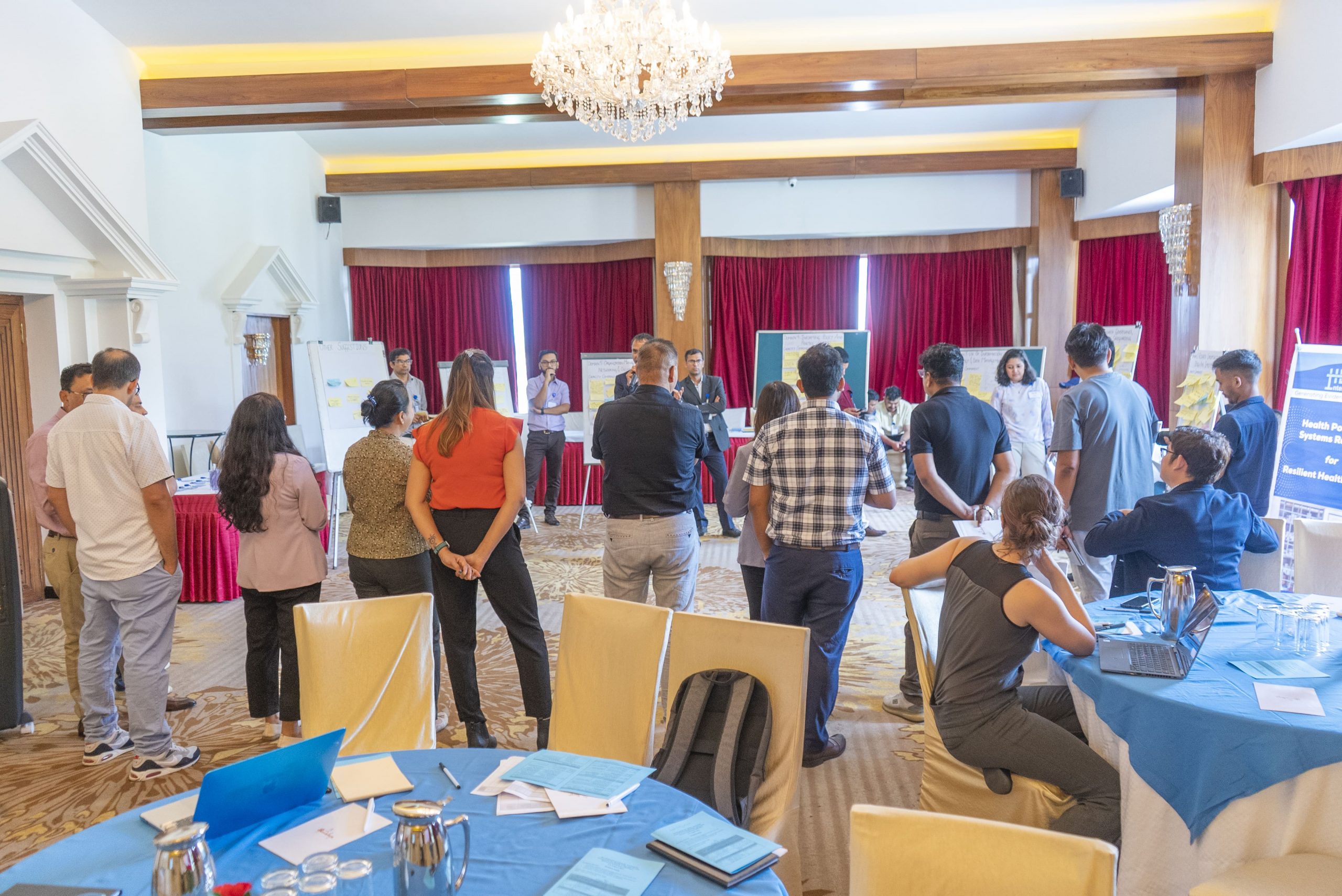

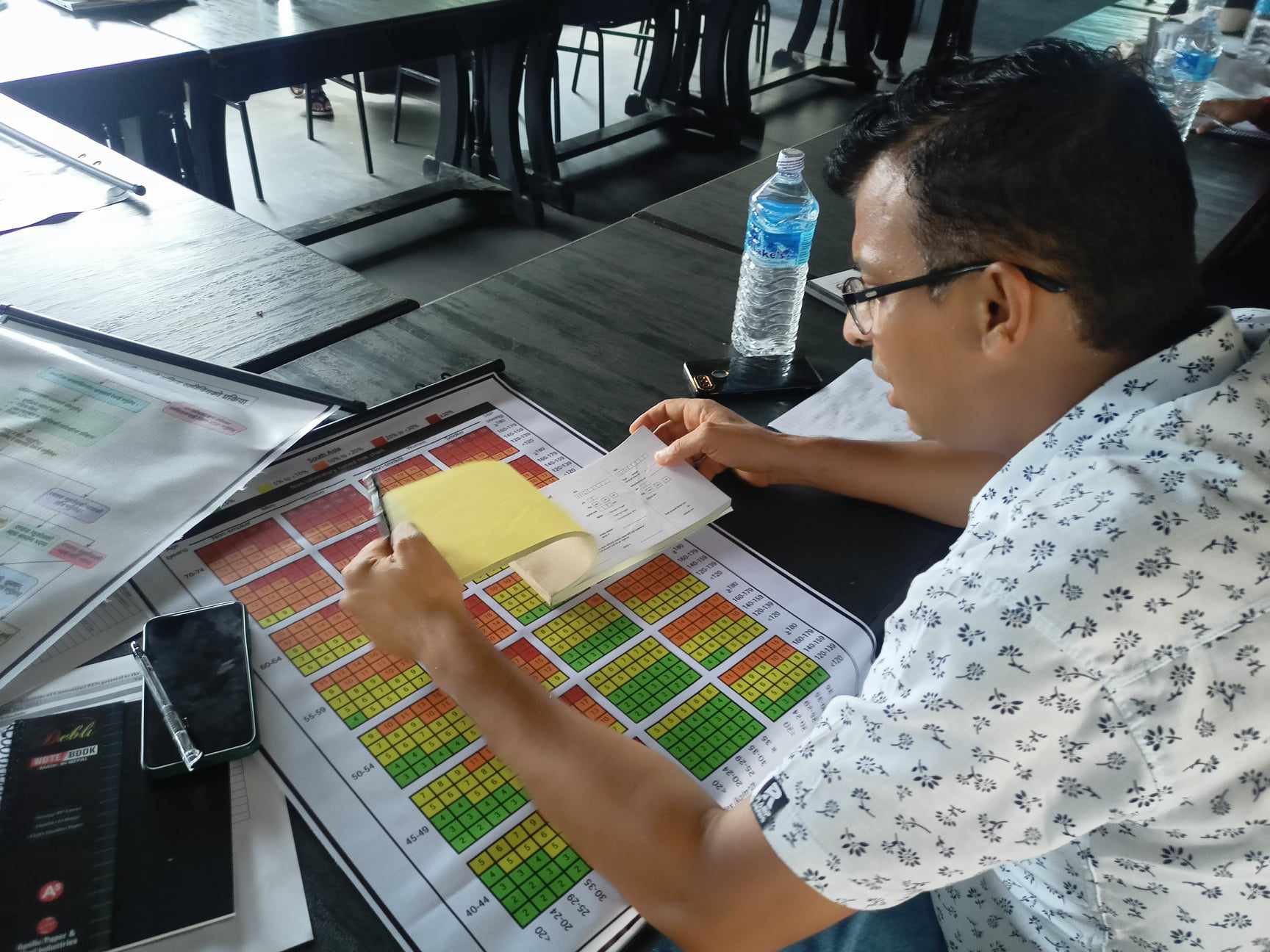
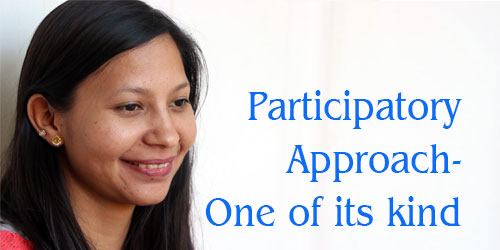







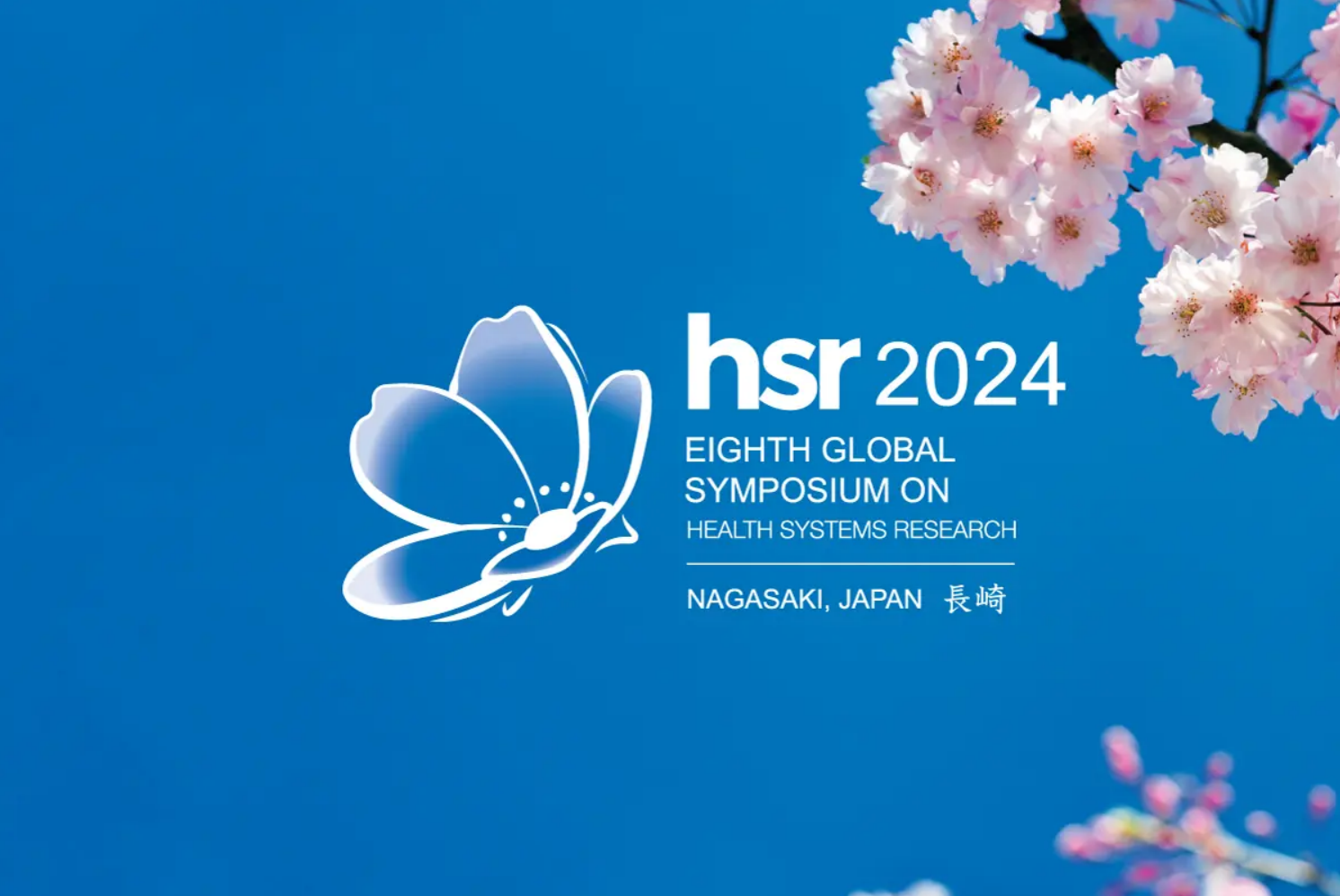
Comments (0)
No comments found.